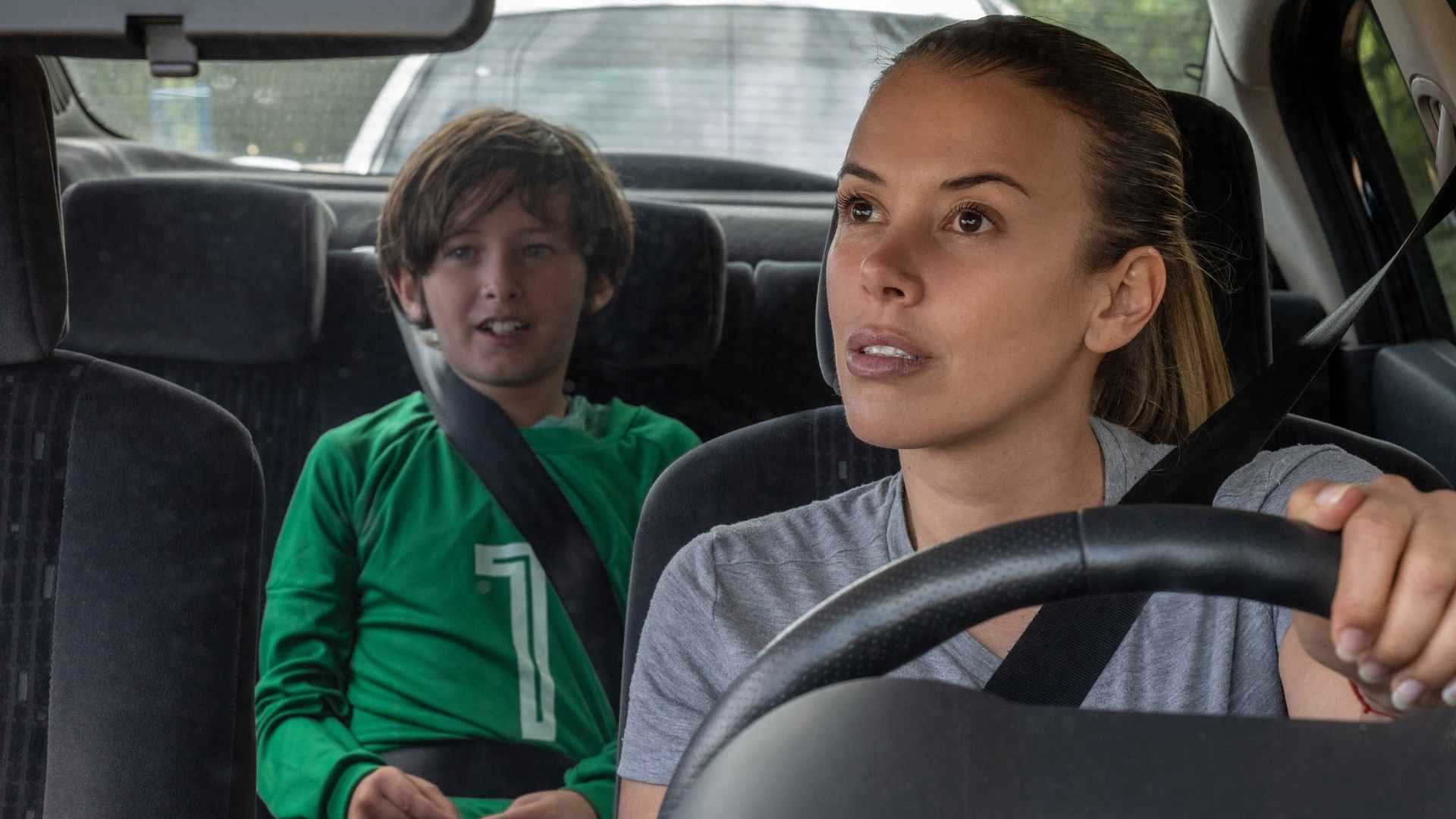Losing Is Hard on Kids
Here are five things any parent can do to help soften the agony of defeat
Tina Payne Bryson, PhD
| 5 min read

Canva
Fans of professional sports get to repeatedly witness what sportscaster Jim McKay called “the thrill of victory and the agony of defeat.” The competition itself makes for captivating television, and the climax of the competition is, of course, the thrill or the agony of the competitors.
That agony can be painful enough to watch when the person going through it is a stranger on TV. What do you do when your own child is the one hurting? She’s just lost her big swim meet. He’s just missed the penalty kick that could’ve won the game. What do you say when your child is discouraged, and a post-game snack ticket isn’t going to do the trick?
Here are some suggestions. Hopefully they’ll allow you to address the pain while also teaching the important lessons that painful experiences offer.
Let your child cry, and even sulk
My husband and I actually teach our kids that during a game, they need to hold it together emotionally. When their team needs them, that’s a time to focus on the present moment. When they get upset during the game, we tell them to notice their emotions and then “put your feelings in your pocket,” where they can stay until the game is over.
But after the game, tears should be acknowledged and welcomed. It’s not exactly groundbreaking science to say that unexpressed feelings can be problematic, both mentally and physically. So when the game ends, it becomes your job to hold your young athlete while he cries, and to comfort and soothe him. It really is crucial that we not only allow, but also encourage and teach our children to feel their feelings. Especially when things haven’t gone their way.
That means we have to …
Listen
If you’re like me, the temptation after a tough loss will be to “look on the bright side.” There’s nothing wrong with pointing out the positives in a situation, but first, let your child express her feelings. Long before you say something like, “Hey, at least you got to play goalie” or “Lots of kids don’t even make all-stars,” hear your child out. Let her tell you about her disappointment. Your job is to be present and respond primarily with nonverbal comfort, like hugs and empathetic facial expressions.
Granted, if she’s wallowing in the pain or getting stuck in some sort of sulking, you may need to put off the talk for a while. Or maybe she’ll need a snack or some downtime before she’s ready to say how she’s feeling. That’s fine. But make sure you return to the conversation and give her a chance to tell you how she really feels.
Then, once you’ve listened, you can begin to…
Help put things in perspective
Once you’ve listened well and let your child say what he’s feeling, encourage him to talk about what went well despite the loss. Try your best not to provide the answers here; after all, you don’t want to be imposing your own sunshine on his cloudy situation. Just lead him to see the positives, asking questions like, “Did you feel like anything at all went well today?” or “What was your favorite play you made?” Again, you’re not minimizing his disappointment or trying to convince him that his feelings are wrong to feel. You’re just pointing out that the negatives don’t exist in a vacuum, that they are part of a larger picture that also contains lots of positives.
For example…
Praise the passion
Most likely, your child is upset after a loss because she really cared about the outcome. Passion and enthusiasm are good things. Tell her this. Help her see that this kind of passion, even though it can also produce a certain amount of pain and disappointment, makes competing (and even life in general) so much more meaningful and worthwhile.
However, this message should always be balanced with an alternative lesson …
Talk about the love of the game
Yes, they want to win. But kids play sports because they love to play sports. Remind your child of this. Once you’ve let him cry and listened to his feelings and praised his passion, you might say something like, “I know you’re hurting right now. It’s hard to lose, but I wonder if you noticed that you were outside and playing two hours of baseball with your friends today? Sure it’s more fun to win, but I love watching you play because I know how happy it makes you.”
Remember, your ultimate goal when your child is upset after a tough loss isn’t to make her feel better. Of course that’s a goal. But ultimately, you want to respond in a way that both honors her experience and feelings in the moment, and also allows her to learn the important lessons that come from the simple joy of playing, whether the outcome is the thrill of victory or the agony of defeat.
Dr. Tina Payne Bryson is a psychotherapist and the founder/executive director of The Center for Connection in Pasadena, California. She is the author of Bottom Line for Baby and co-author (with Dan Siegel) of The Whole-Brain Child, No-Drama Discipline, The Yes Brain and The Power of Showing Up.
This story was originally published on mom.com
Related Articles
The Dos and Don’ts of Being a Sports Parent
Why You Want Your Kids to Lose
The Science of Winning (It’s Not What You Think)





